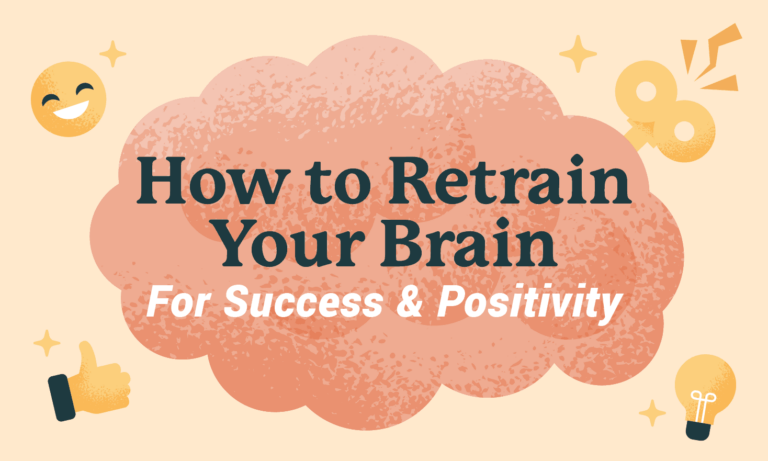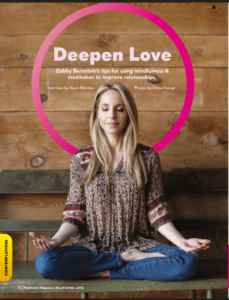Managing mental health is critical, especially during difficult times. Right now we are in a challenging situation that is naturally very stressful and uncertain, and therefore, anxiety provoking. Many people may feel overwhelmed and fearful about what is going on, and everyone has been asked to make changes to their daily routines so that we can collectively overcome coronavirus.
Although it is normal to feel anxious, particularly during a time like this, it is important to maintain some level of inner peace. Our thinking can easily become problematic and distorted, and it is important to not only be able to recognize when it does, but also know how to stop negative thinking patterns. Even when times are challenging, and our routines have been uprooted, there are ways to combat problematic thinking or cognitive distortions.
What are cognitive distortions?
Cognitive distortions are inaccurate or irrational thoughts that are heavily influenced by emotion. These thinking patterns, which reinforce negative thoughts, can not only be caused by anxiety, but can also actually lead to increased anxiety. Obviously it can be challenging to remain completely positive during a worrisome time, but it is critical to recognize negative thinking patterns when they occur as cognitive distortions can be very harmful to an individual’s mental health. Once you are able to recognize cognitive distortions, it is also possible to retrain the brain to stop engaging with these types of thinking patterns.
Develop a routine that includes meditation
One of the best ways to retrain your brain is to develop a routine to stick to. Making a list of tasks to do daily can help individual’s stay organized, motivated, and feel accomplished, which can also ward off or ease anxiety. There are also specific things you can add to your routine to promote mental health like mediation. Meditation has been shown to be extremely beneficial to mental health. In fact, after reviewing 19,000 meditation studies, researchers at Johns Hopkins concluded that “mindful meditation can help ease psychological stresses like anxiety, depression, and pain.” The practice of meditation, which also often incorporates mindfulness, can help individuals let go of thoughts and better get in touch with themselves.
The benefits of meditation are endless and we encourage people to learn more about how this practice can help individuals going through tough times.
The visual below by University of St. Augustine points out common thinking patterns and offers more tips on how to retrain your brain to stop cognitive distortions. Check it out to learn more about how to retrain your brain.















